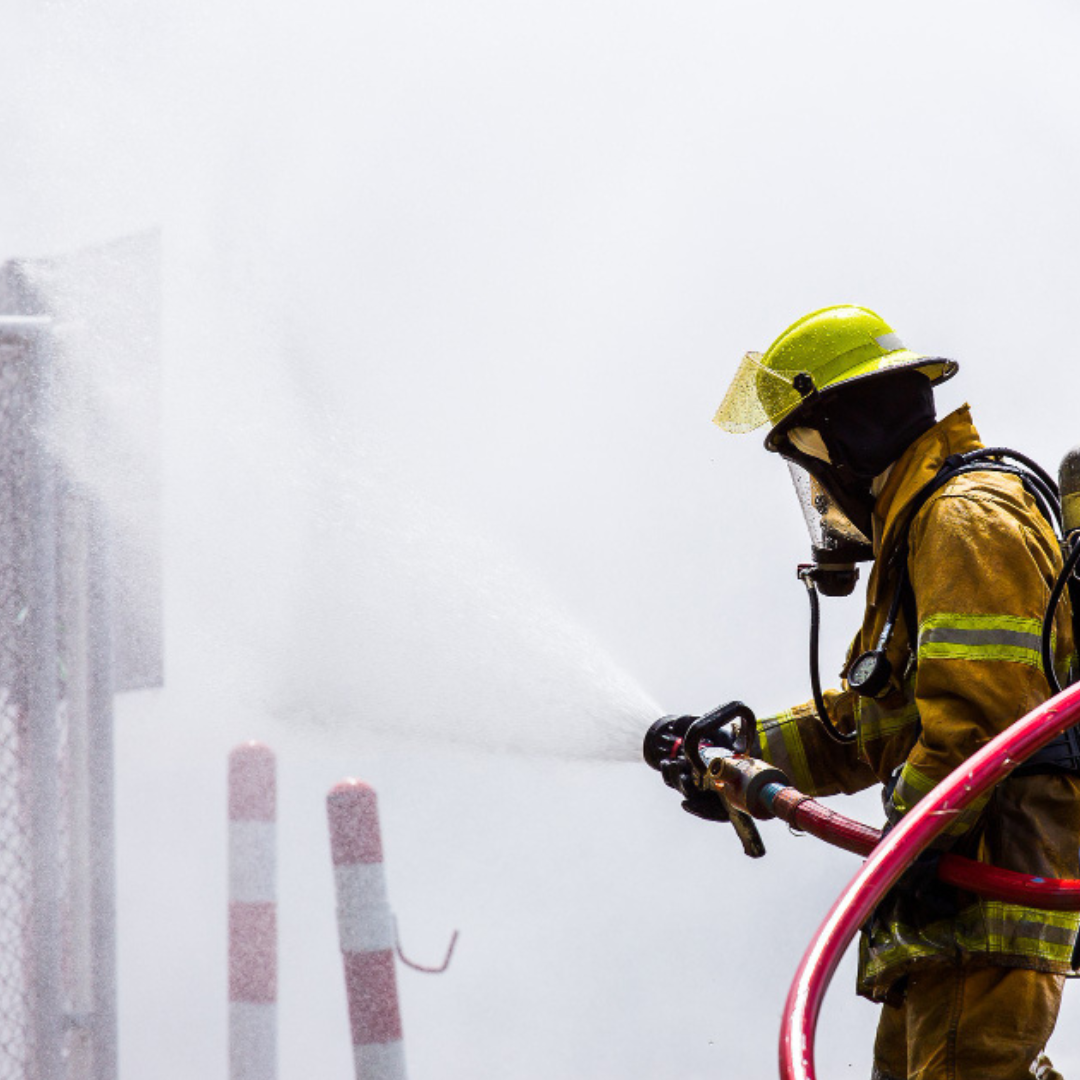Can incident command systems help fire and rescue services respond better
With increasing pressure on emergency services to respond faster and co-ordinate more effectively, fire and rescue services across the UK have been exploring digital tools to support frontline operations.

Image by freedomnaruk | Freepik
In 2024, it was estimated that fire and rescue services tackled more than 600,000 incidents. This was a 1.2 per cent increase compared to 2023, while numbers are expected and estimated to go higher annually. Several challenges, such as the increasing complexity of incidents, fragmented information systems, and communication difficulties, exacerbate this rising demand.
To tackle these, the Humberside Fire and Rescue Services (HFRS) collaborated with Unblur to implement its digital incident command software, IRIS Core and Tactics. The aim was to provide frontline crews with tools that support more consistent, accurate, and timely information sharing during incidents.
From the outset, the collaboration was centred around the usability, reliability and responsiveness of the system to the unique challenges of emergency response. The system has been integrated throughout HFRS’ services, appliances and command vehicles. It is designed to allow rapid information sharing across command units, fire control, tactical co-ordination groups, and strategic co-ordination groups. The officers in charge are able to access the software via mobile devices. On the other hand, appliance tablets have replaced the traditional command wallet with the system.
The software, in particular, has been tailored to work with and include HFRS’ site-specific risk information, hydrant data, and GPS-based appliance tracking systems. It, then, processes all the incoming data from the field, ensuring that commanders receive data that is accurate, appropriately formatted and timely. The quick sharing of information results in faster task completion and more efficient incident resolution. Moreover, it allows officers to concentrate on priorities and make informed decisions during emergency situations.
Steve Duffield, Emergency Response Area Manager at HFRS, said: “The platform not only enhances situational awareness and decision-making on the incident ground, but it also plays a crucial role in safeguarding our operational crews with the ability to share incident information dynamically, quickly and remotely to those that need it and when it is needed.”
Initiatives such as this showcase an effort to adapt to the increasing scale and complexity of emergency response. The goal was not simply to introduce new technology but to support safer, more effective ways of working across all levels of the service. “This collaboration reflects a shared commitment to equipping frontline responders with intuitive, reliable, and future-ready technology,” added Steve McLinden, Senior Account Executive of Unblur.